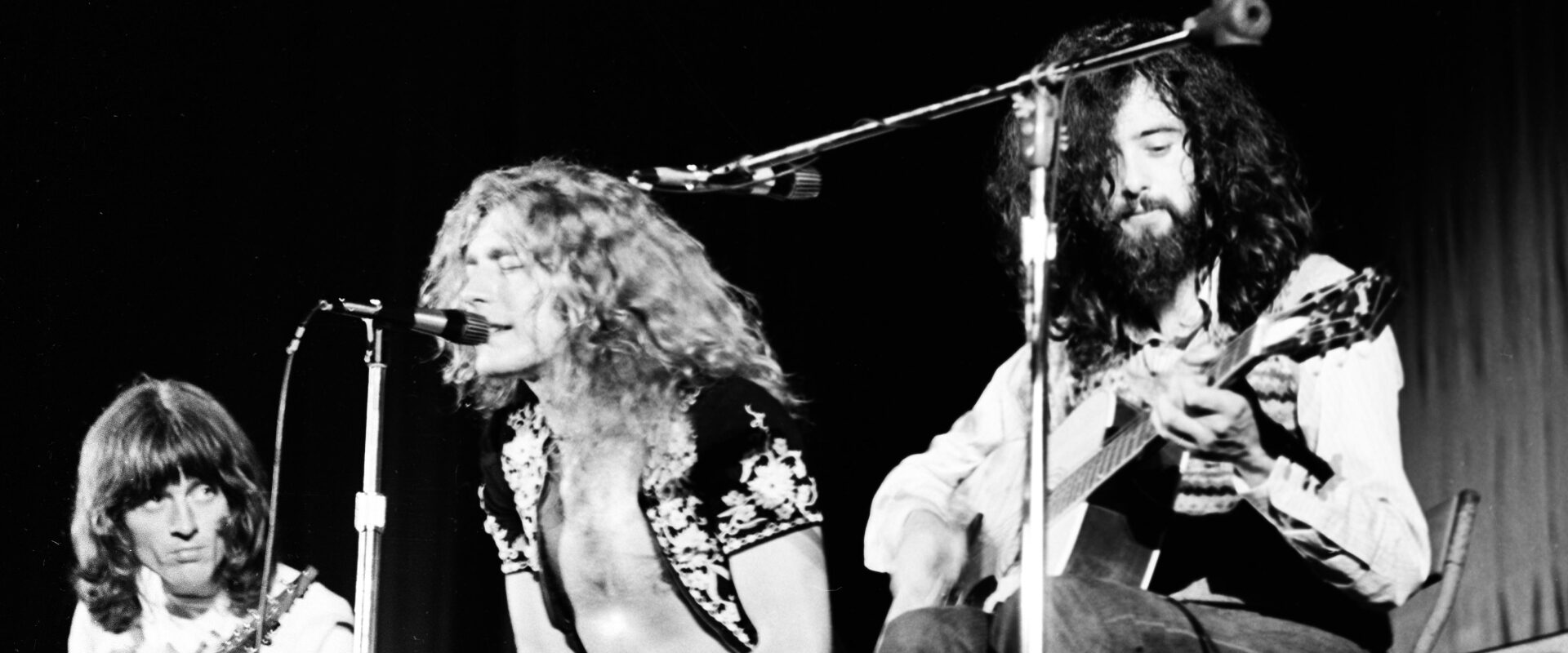Led Zeppelin II was a massive hit for the iconic band. Back in 1971, Led Zeppelin’s sophomore release marked 100 weeks on the U.K. album charts.
That was just a fraction of its success, though. The LP was the band’s first to hit No. 1 in both the U.S. and U.K. following its October 1969 release.
In the U.S., the album stayed on the Billboard 200 for 117 weeks. Two times amid its stay on the charts, the LP knocked The Beatles’ Abbey Road for the No. 1 position. The album, which has since been certified 12x Platinum, held the top spot for a total of seven weeks.
Led Zeppelin II was likewise a success in the U.K., where the album spent 138 weeks on the charts. That’s more than two-and-a-half years.
What To Know About ‘Led Zeppelin II’
Looking back, it’s no surprise Led Zeppelin II had such great chart success. Jimmy Page and Robert Plant penned six of the album’s nine tracks. The other three were reinterpretations of Chicago blues songs by Willie Dixon and Howlin’ Wolf.
As such, the LP is full of hits, including “Whole Lotta Love” and “Ramble On,” the former of which peaked at No. 4 on the Billboard Hot 100.
Later, in 2014, the band remastered and reissued their first three albums to great acclaim. Around that time, Page spoke to Guitar World about Led Zeppelin II, specifically the recording session for “Whole Lotta Love”.
“I de-tuned [the guitar] radically and just basically pulled on the strings to make an assortment of growling noises—evil sounds that you’re not supposed to hear on commercial radio,” he said of how the middle of the track came to be. “I might’ve de-tuned it to a chord, but really I’m just pulling on strings and making them howl!”
From there, Page teamed up with engineer Eddie Kramer for the mix.
“We did all the panning and added the effects, including using Low Frequency Oscillators on the tape machine to really pull the whole thing down and lift it back up so the sound is moving in rhythm,” he said. “It was something no one had ever done before in that context, let alone in the middle of a song.”
That alone, Page said, shows “how forward thinking we were, that’s how avant-garde it was, and that’s how much fun we were having.”
Photo by Koh Hasebe/Shinko Music/Getty Images
